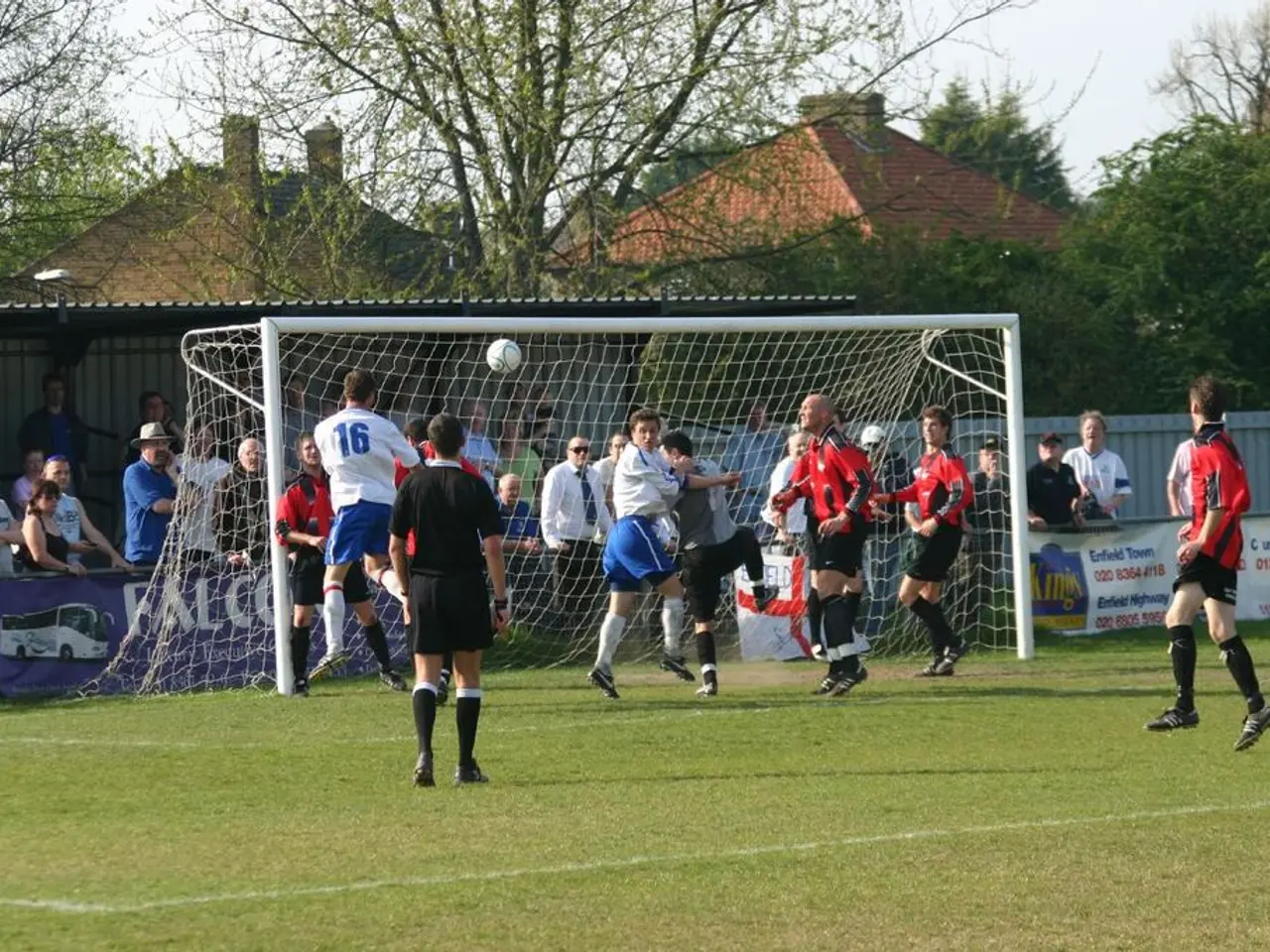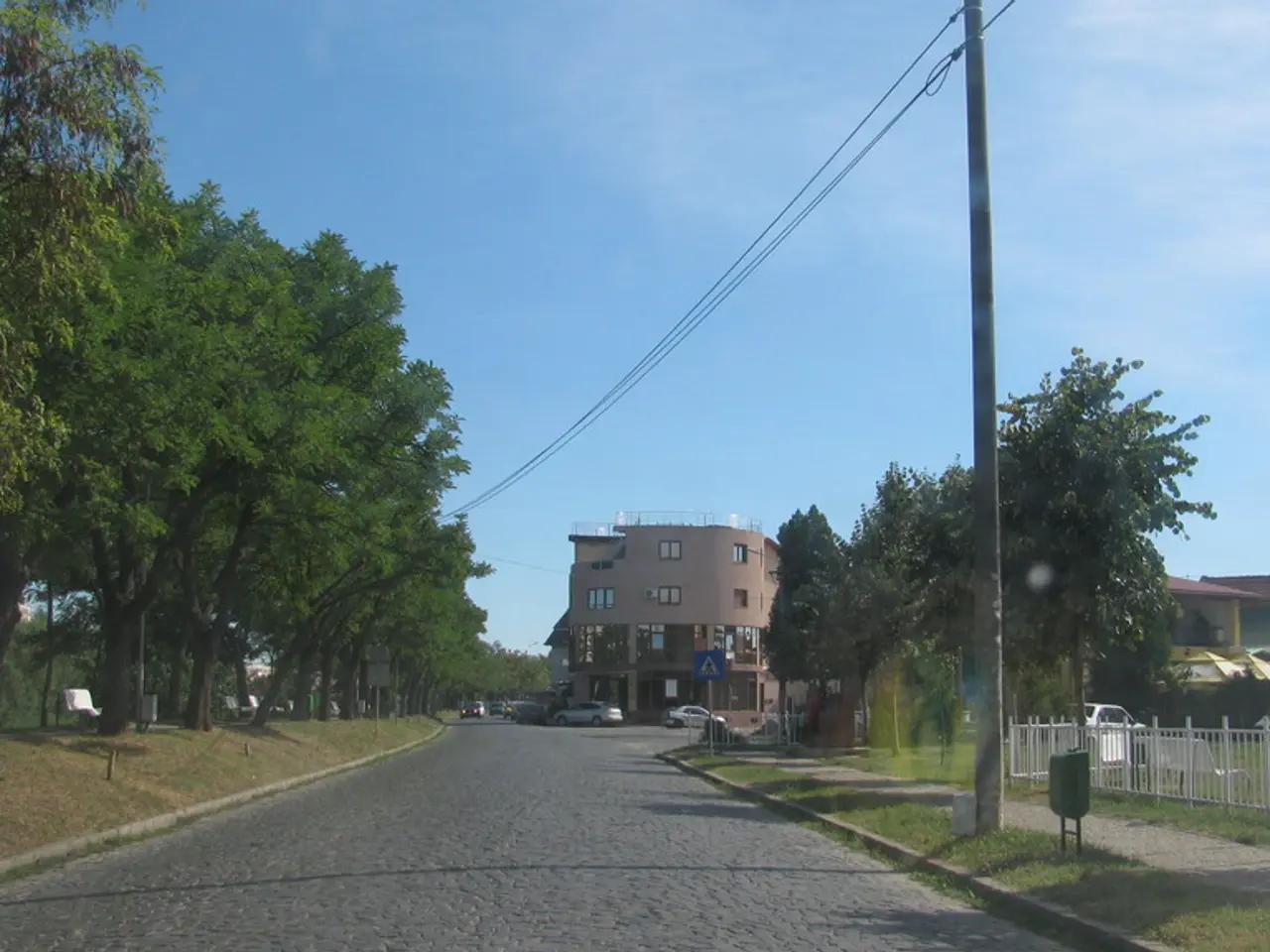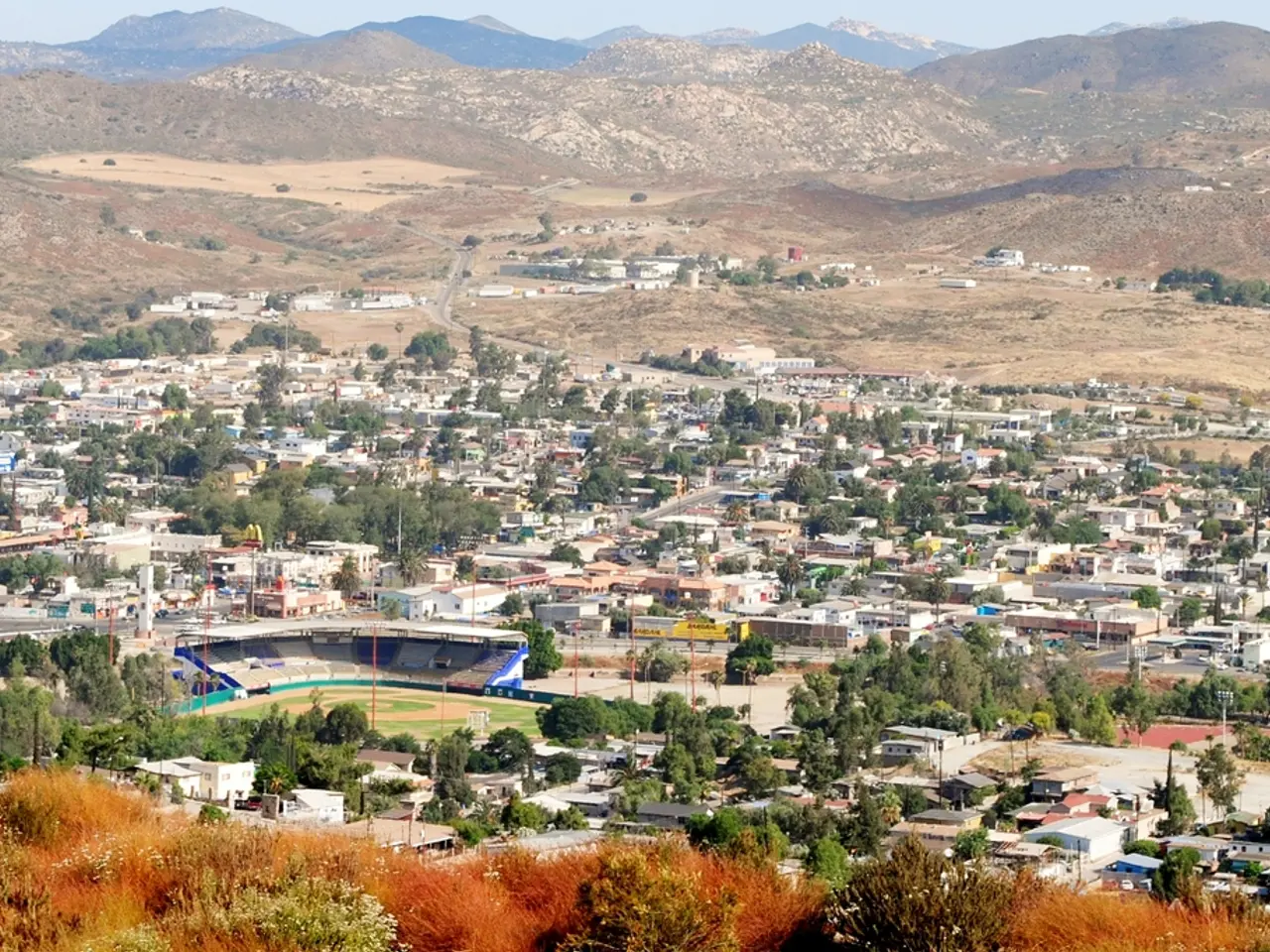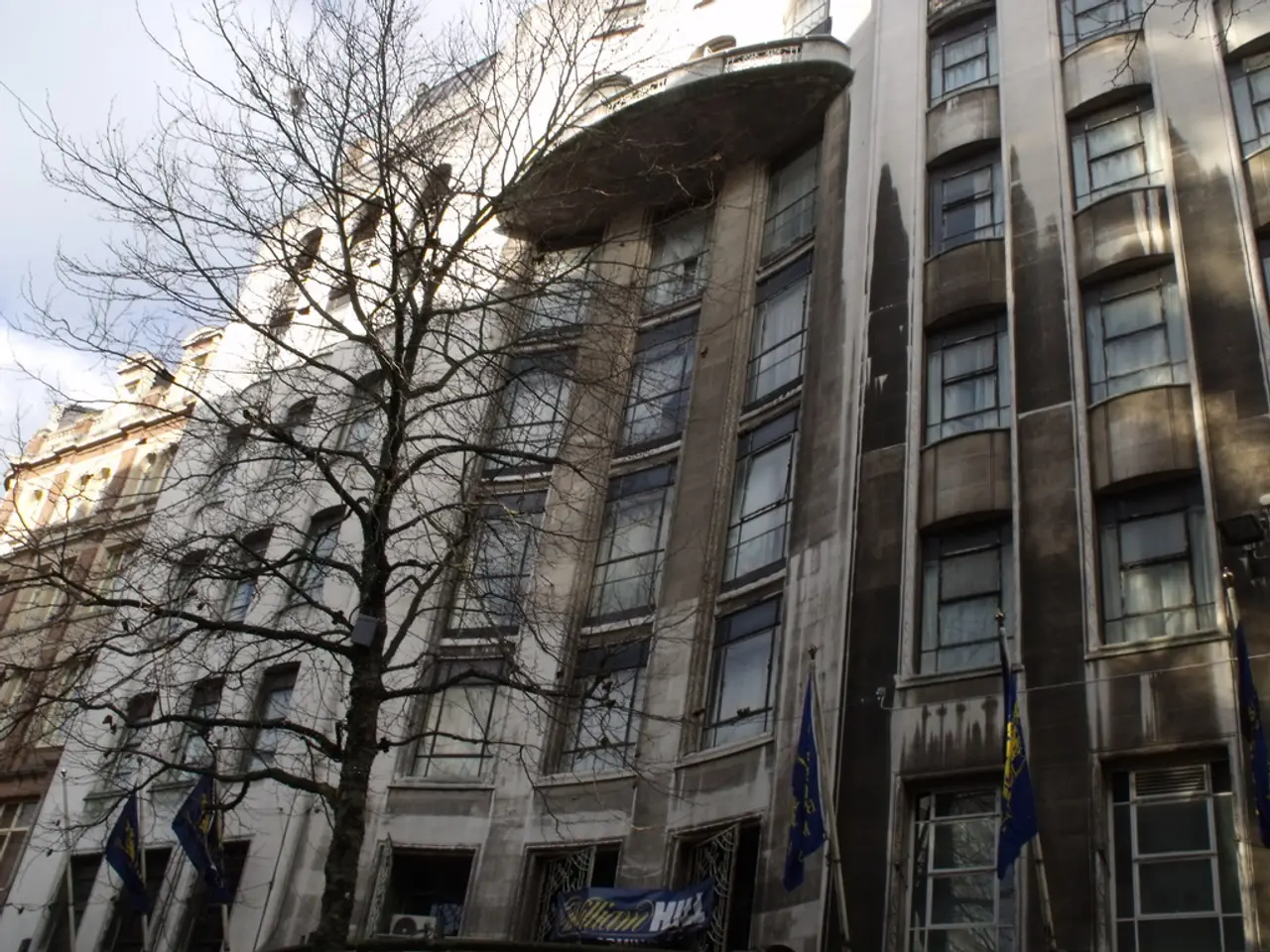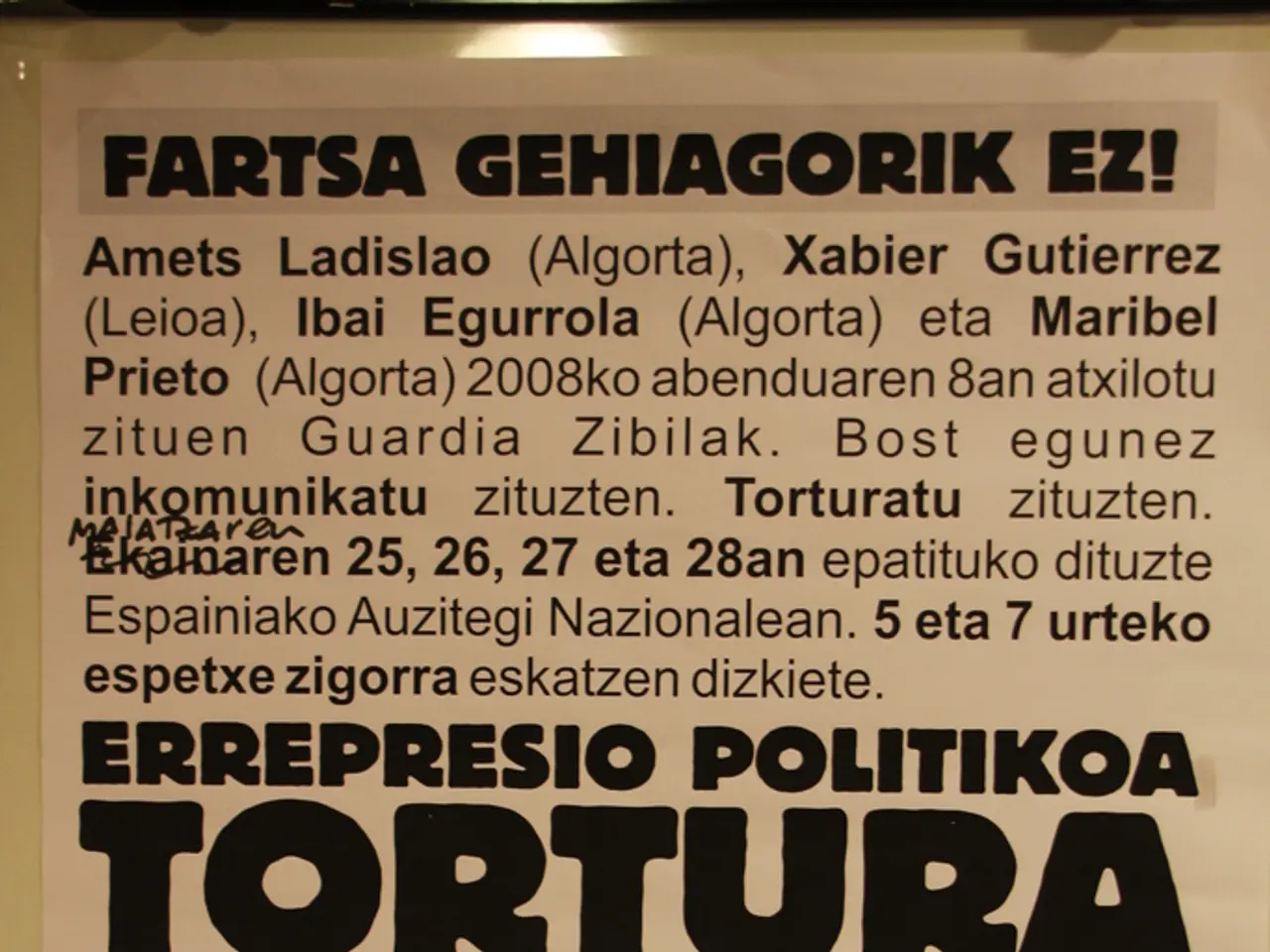Return of Formula E to Yield Indonesia Long-Term Benefits
Jakarta International Circuit Returns to Formula E with Enhanced Safety Measures
After a brief hiatus, the Jakarta International Circuit has made its triumphant return to the Formula E calendar, hosting the electrifying fourth Jakarta E-Prix. The event, marked by a swift and efficient response to incidents and a seamless overall operation, was made possible thanks to the comprehensive training of local volunteer marshals.
The close quarters of the Jakarta International Circuit necessitate a meticulous recovery of stranded cars, a task that the marshals were well-equipped to handle. Their training focused on world-class processes and procedures, ensuring the event adhered to the stringent safety standards of the ABB FIA Formula E World Championship.
The marshals were prepared, equipped, and ready to handle any eventuality. Their training emphasized safety during on-track interventions, incident response, and vehicle recovery. Key components included track safety awareness, communication protocols, using safety equipment, and coordinated procedures to neutralize the race when clearing incidents to protect marshals actively working on the circuit.
Recovery protocols generally involve marshals safely accessing the track only when the session or race is neutralized (yellow/red flags or safety cars deployed), using proper flags and radio communication to alert drivers, and employing recovery equipment like cranes or flatbed trucks. These protocols minimise exposure to high-speed vehicles and reduce risk during vehicle removal or incident clearance.
At the Jakarta International Circuit, given it is a FIA Grade 1 venue hosting international events such as Formula E, marshals would be expected to follow FIA international standards for marshalling. These standards include thorough training and certification, clear communication channels, controlled access to the track, and personal protective equipment usage. Though specific local adaptations may exist, these standards ensure a high level of preparedness and safety.
The training ensured the marshals were fully proficient in recovery protocol, facilitating the rapid resumption of racing following Full Course Yellow and safety car interventions. The swift and efficient response of the marshals to incidents during the Jakarta E-Prix was pivotal in maintaining the high standards of the ABB FIA Formula E World Championship.
The training also aimed to improve the safety and efficiency of national competitions in Indonesia. By implementing world-class processes and procedures, the domestic ASN has been encouraged to uphold similar standards in their own events. The legacy of this training extends beyond the Formula E event, promising a safer and more efficient motorsport landscape in Indonesia.
In conclusion, while exact recovery protocols and training specifics for Jakarta volunteer marshals at Formula E races may not be detailed, it is clear that they are trained to operate safely under neutralized racing conditions, use clear communication and flagging rules, and follow globally recognised motorsport safety guidelines that prioritise marshal safety during incident response and vehicle recovery on the track. The successful return of the Jakarta International Circuit to the Formula E calendar serves as a testament to the effectiveness of this training.
- The Jakarta International Circuit's return to the Formula E calendar is marked by the efficient response of local volunteer marshals, trained to follow world-class recovery protocols and safety guidelines, enhancing the overall operation and maintaining the high standards of the ABB FIA Formula E World Championship.
- The comprehensive training of Jakarta's volunteer marshals not only equips them to handle vehicle recovery and incident response during Formula E races but also encourages the domestic ASN to uphold similar safety standards in national competitions, ensuring a safer and more efficient motorsport landscape in Indonesia.


